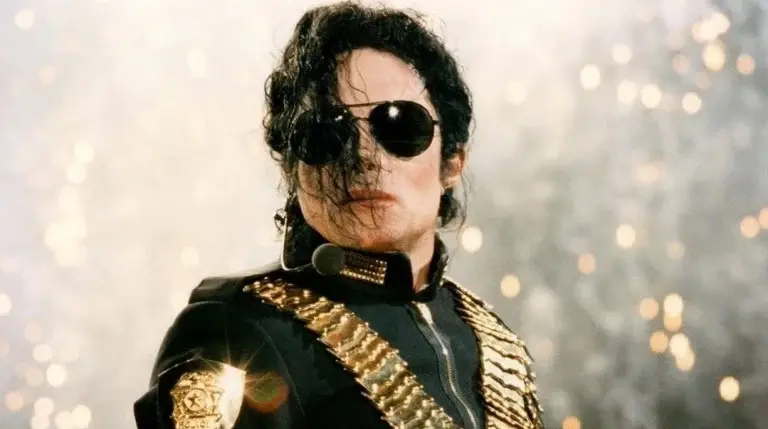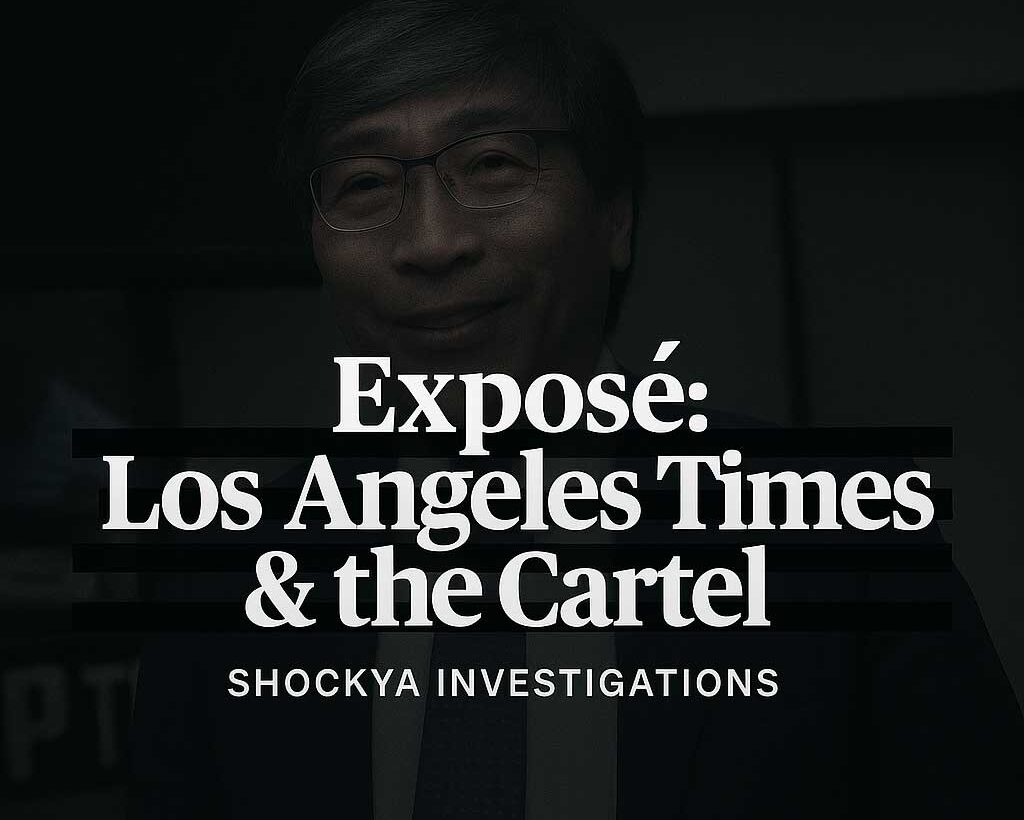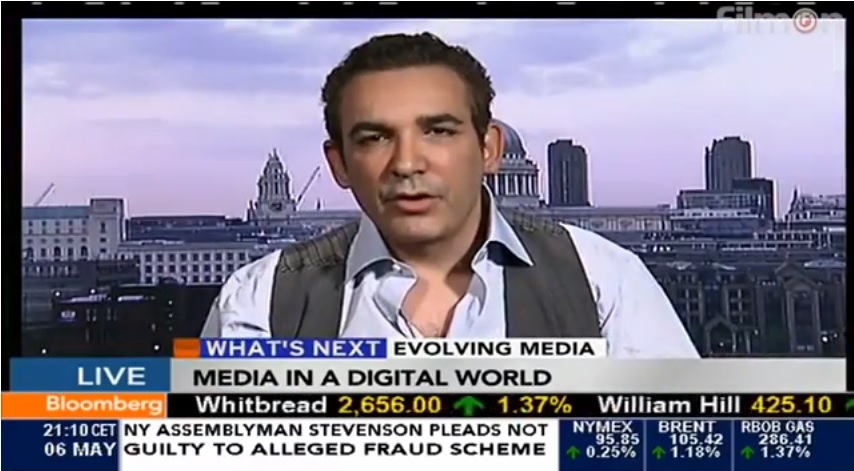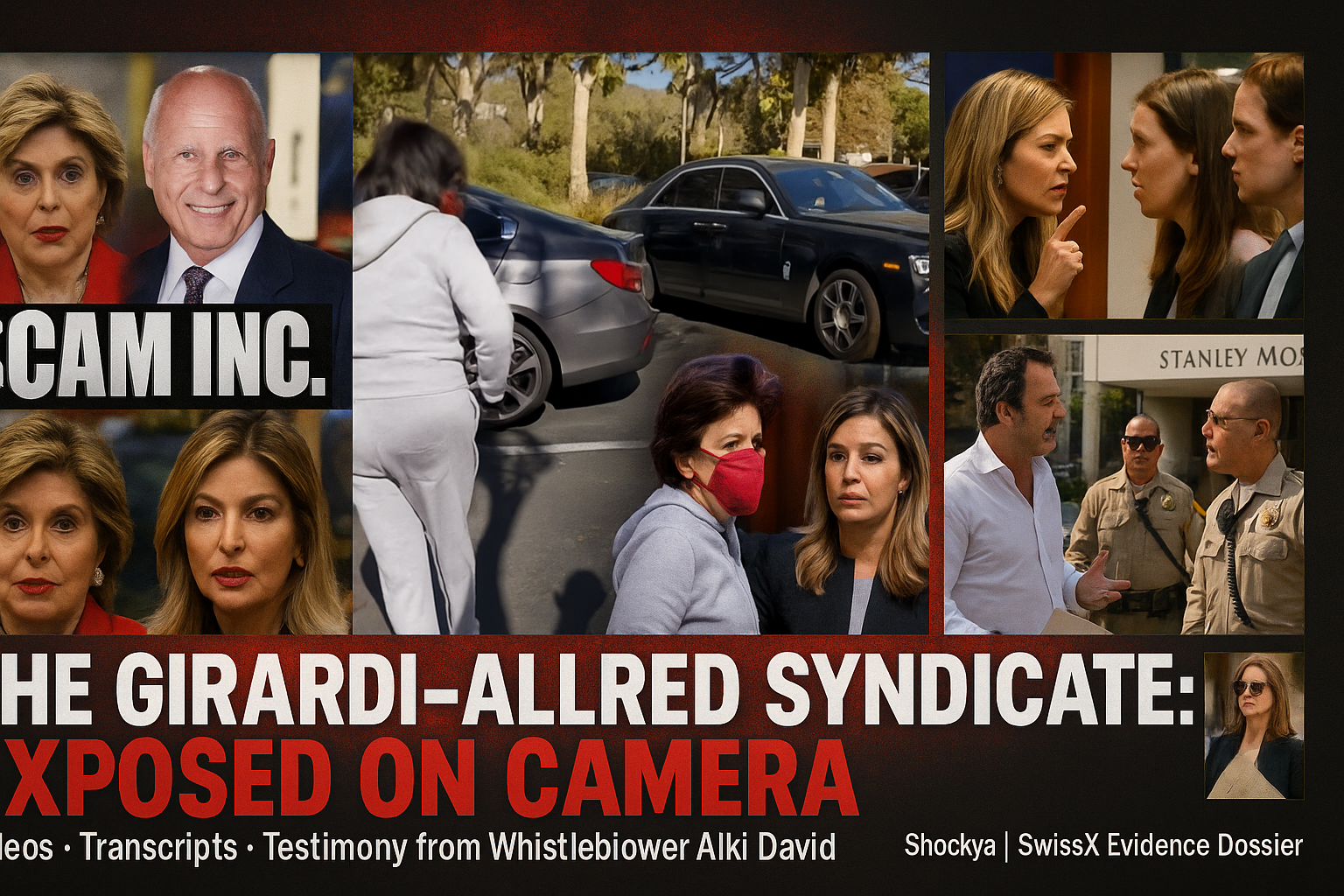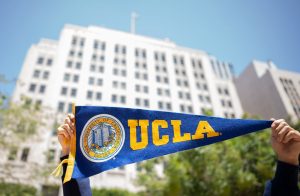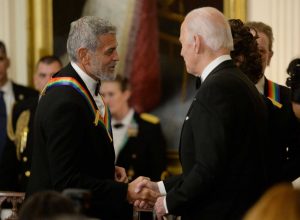Los Angeles Superior Court is under scrutiny after attorney Paul Cook sought to recuse Judge Kalra in the elder abuse case of Kwon Whan Cook. As allegations of judicial misconduct emerge, the connections to UCLA become increasingly significant. Cook and other notable figures, including Dr. Eric M. Wexler and Dr. Carole Lieberman, all have ties to UCLA, raising questions about the institutional influences shaping judicial processes.
Dr. Wexler, a forensic psychiatrist trained at UCLA, plays a crucial role in psychiatric evaluations within the legal framework. His involvement with high-profile cases reveals the intricate link between mental health assessments and legal outcomes, an area where dissenting voices can easily be labeled as 'mental health problems.' Similarly, Paul Cook’s extensive UCLA credentials highlight how the institution has influenced legal practices, especially concerning judicial corruption.
Dr. Lieberman, known for her media presence and involvement in litigation-related psychiatric evaluations, stands accused of normalizing the use of the 5150 protocol—an avenue critics argue is misused to suppress dissent and protect power structures. This critique implies a broader systematic issue where UCLA is said to facilitate a pipeline of judicial and psychiatric collaboration, potentially undermining justice.
This article delves into the implications of these connections, suggesting that institutions like UCLA may perpetuate a cycle of control within the judiciary. As calls for integrity grow louder, the question arises: how many more actors in the judicial system share this troubling background?


